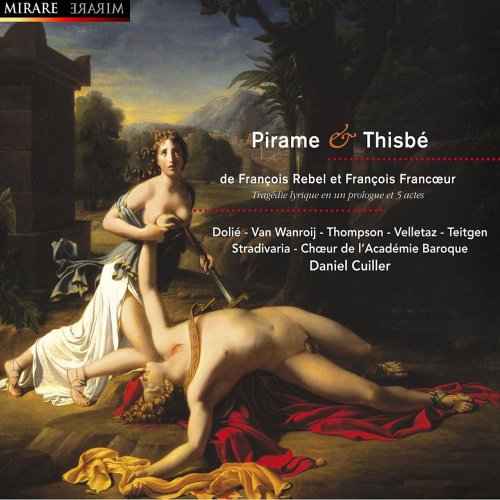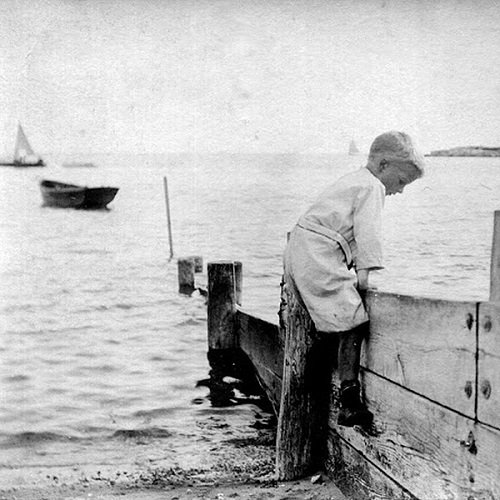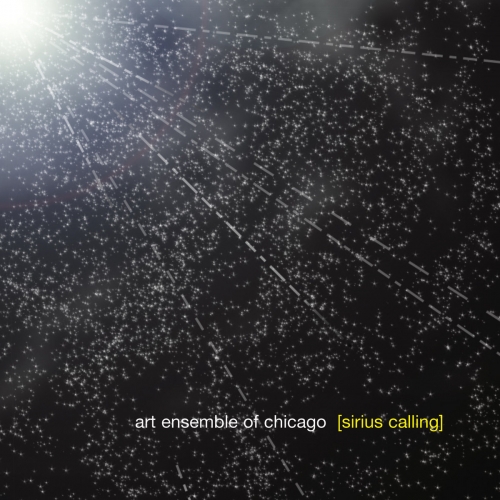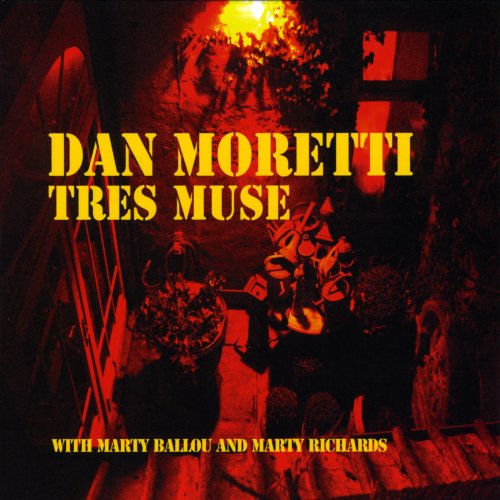Daniel Cuiller - François Rebel and François Francoeur: Pirame et Thisbé (2008)

Artist: Daniel Cuiller
Title: François Rebel and François Francoeur: Pirame et Thisbé
Year Of Release: 2008
Label: Mirare
Genre: Classical
Quality: FLAC (image + .cue, log, artwork)
Total Time: 02:20:14
Total Size: 696 MB
WebSite: Album Preview
Title: François Rebel and François Francoeur: Pirame et Thisbé
Year Of Release: 2008
Label: Mirare
Genre: Classical
Quality: FLAC (image + .cue, log, artwork)
Total Time: 02:20:14
Total Size: 696 MB
WebSite: Album Preview
The legend of doomed Babylonian lovers Pyramus and Thisbe is best known from A Midsummer Night's Dream, in which a group of tradesmen enact the story for the entertainment of the Athenian court. Shakespeare's version is hilarious, one of the funniest moments in theater because of the ineptitude of the amateur thespians, but they essentially get the story right, as it's presented in Ovid's Metamorphoses. That plot is much too short for an evening-length tragédie lyrique, so librettist Jean-Louis Ignace de la Serre created an extensive back story for the lovers with a large cast that includes Venus and Zoroaster (a little mixing of mythologies going on) as well as Ninus (Ninny in Shakespeare).
The aspect of the 1726 Pirame et Thisbé that makes it truly unusual is the fact that it was written by two composers, François Rebel and François Francoeur, without any indication of who wrote which parts. The music has the typical sophistication and elegance of late Baroque French opera. It's characterized by a reliance on an expressive, heavily ornamented arioso that lies between recitative and aria, extended instrumental numbers, and a tone of grandeur and high seriousness. The composers' use of atypical instrumental doublings and choral unison singing gives the opera a distinctive sound. Daniel Cuiller leads the ensemble Stradivaria and Choeur de l'Académie Baroque in a polished and spirited performance. The vocal performances are decidedly mixed. Most of the principal soloists are fully effective, with a clear grasp of the vocal timbres and the elaborate ornamentation appropriate for the period. In the central role of Ninus, tenor Jeffrey Thompson seems to be moving in an entirely different universe from the rest of the cast. His performance is so vocally overwrought that it would be out of place even in the most overwrought Italian verismo repertoire. He telegraphs intense emotion by swoops and gasping intakes of breath that would not be tolerated in any music school. His vocal mawkishness makes his performance virtually unlistenable without cringing. It's unfortunate, given the excellence of other the soloists, particularly Judith Van Wanroij, Katia Velletaz, Thomas Dolié, and Jean Teitgen, whose performances are fully expressive, but within the conventions of the period. The sound of the live recording is clean, bright, and atmospheric, with a minimum of ancillary noises. -- Stephen Eddins
The aspect of the 1726 Pirame et Thisbé that makes it truly unusual is the fact that it was written by two composers, François Rebel and François Francoeur, without any indication of who wrote which parts. The music has the typical sophistication and elegance of late Baroque French opera. It's characterized by a reliance on an expressive, heavily ornamented arioso that lies between recitative and aria, extended instrumental numbers, and a tone of grandeur and high seriousness. The composers' use of atypical instrumental doublings and choral unison singing gives the opera a distinctive sound. Daniel Cuiller leads the ensemble Stradivaria and Choeur de l'Académie Baroque in a polished and spirited performance. The vocal performances are decidedly mixed. Most of the principal soloists are fully effective, with a clear grasp of the vocal timbres and the elaborate ornamentation appropriate for the period. In the central role of Ninus, tenor Jeffrey Thompson seems to be moving in an entirely different universe from the rest of the cast. His performance is so vocally overwrought that it would be out of place even in the most overwrought Italian verismo repertoire. He telegraphs intense emotion by swoops and gasping intakes of breath that would not be tolerated in any music school. His vocal mawkishness makes his performance virtually unlistenable without cringing. It's unfortunate, given the excellence of other the soloists, particularly Judith Van Wanroij, Katia Velletaz, Thomas Dolié, and Jean Teitgen, whose performances are fully expressive, but within the conventions of the period. The sound of the live recording is clean, bright, and atmospheric, with a minimum of ancillary noises. -- Stephen Eddins

![Maya Delilah - The Long Way Round (Deluxe) (2026) [Hi-Res] Maya Delilah - The Long Way Round (Deluxe) (2026) [Hi-Res]](https://www.dibpic.com/uploads/posts/2026-01/1767893388_cover.jpg)

![Luke Marantz, Simon Jermyn - Echoes (2026) [Hi-Res] Luke Marantz, Simon Jermyn - Echoes (2026) [Hi-Res]](https://www.dibpic.com/uploads/posts/2026-01/1767967002_a1295048848_16.jpg)
![Lophae - Fry Before You Buy (2026) [Hi-Res] Lophae - Fry Before You Buy (2026) [Hi-Res]](https://img.israbox.com/img/2026-01/08/mfhj4tpc29y1myjoaxltfnrfz.jpg)



